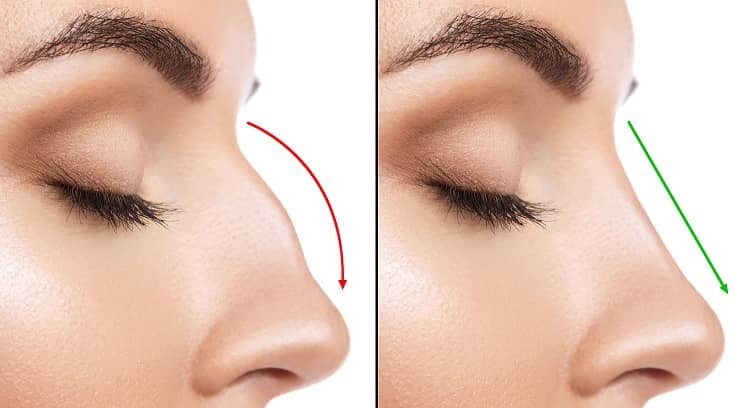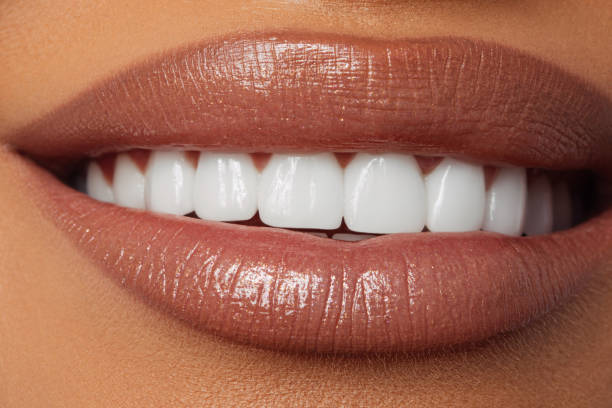Rhinoplasty, often referred to as a “nose job,” is a cosmetic procedure designed to enhance the appearance of the nose. While the primary focus is on aesthetics, many individuals considering rhinoplasty express concerns about its potential impact on breathing. In this article, we’ll delve into the intricacies of rhinoplasty and address the common question: Will my breathing be affected by rhinoplasty surgery?
Importance of Nasal Function
Understanding the importance of nasal function is crucial in dispelling concerns about breathing after rhinoplasty. The nose plays a vital role in respiratory function, filtering and humidifying air before it reaches the lungs. A skilled surgeon recognizes the delicate balance between achieving cosmetic goals and preserving optimal nasal function.
Understanding the Rhinoplasty Procedure
Before delving into concerns about breathing, it’s essential to comprehend the Rhinoplasty in Dubai itself. Surgeons employ various techniques to reshape the nose, and their expertise is paramount in ensuring minimal impact on breathing. The surgical process involves careful consideration of the nasal structure, aiming for harmonious results without compromising function.
Pre-Operative Consultation
Clear communication during the pre-operative consultation is key. Patients should openly discuss any concerns about breathing with their surgeon, who can provide tailored insights based on individual anatomy and goals. A transparent dialogue establishes realistic expectations and fosters trust between the patient and the surgeon.
Types of Rhinoplasty
Distinguishing between cosmetic and functional rhinoplasty is essential. Cosmetic procedures primarily address the appearance of the nose, while functional rhinoplasty focuses on improving breathing. Understanding these distinctions helps patients choose the right approach for their specific needs.
Common Misconceptions
There are common misconceptions surrounding rhinoplasty and its impact on breathing. It’s crucial to debunk myths and clarify that a well-executed rhinoplasty by a skilled surgeon should not compromise nasal function. The expertise of the surgeon significantly influences the outcome.
Recovery Process
The immediate post-operative period may involve mild discomfort and temporary changes in breathing. It’s essential for patients to understand that these effects are part of the normal recovery process and usually subside as healing progresses. Patience is key during this phase.
Long-Term Effects on Breathing
While there may be temporary changes in breathing during the initial recovery, the long-term effects on nasal function are generally positive. Many individuals experience improved breathing, especially if functional rhinoplasty is performed to address pre-existing issues such as a deviated septum.
Surgeon’s Expertise and Techniques
Choosing a qualified and experienced surgeon is paramount in ensuring a successful rhinoplasty with minimal impact on breathing. Modern techniques prioritize both aesthetics and function, allowing patients to achieve their desired cosmetic outcomes without sacrificing nasal function.
Patient Testimonials
Real-life experiences often provide the most reassurance. Many individuals who undergo rhinoplasty report positive changes in breathing alongside the desired cosmetic improvements. Patient testimonials can offer valuable insights into the potential benefits of the procedure.
Post-Operative Care
Adhering to post-operative care guidelines is crucial for optimal healing. Patients should follow their surgeon’s recommendations to minimize discomfort and promote a smooth recovery. Regular follow-up appointments allow the surgeon to monitor nasal function and address any concerns promptly.
Lifestyle Changes
During the recovery period, some lifestyle adjustments may be necessary. Patients are advised to avoid strenuous activities and follow a prescribed care routine to facilitate healing. These measures contribute to a smoother recovery and help maintain nasal function.
Risks and Complications
While rare, complications affecting breathing can occur. It’s important to be aware of potential risks and choose a surgeon with a proven track record of safety and expertise. A thorough understanding of the risks allows patients to make informed decisions.
Expert Recommendations
Reputable rhinoplasty experts emphasize the importance of selecting a qualified surgeon and understanding the intricacies of the procedure. Their insights provide additional perspectives on the relationship between rhinoplasty and nasal function.
Conclusion
In conclusion, the impact of rhinoplasty on breathing is a valid concern for many individuals. However, with a skilled surgeon, clear communication, and adherence to post-operative care, the likelihood of significant and lasting changes in nasal function is minimal. Rhinoplasty can achieve both aesthetic goals and improved breathing when approached with expertise and consideration for individual anatomy.





